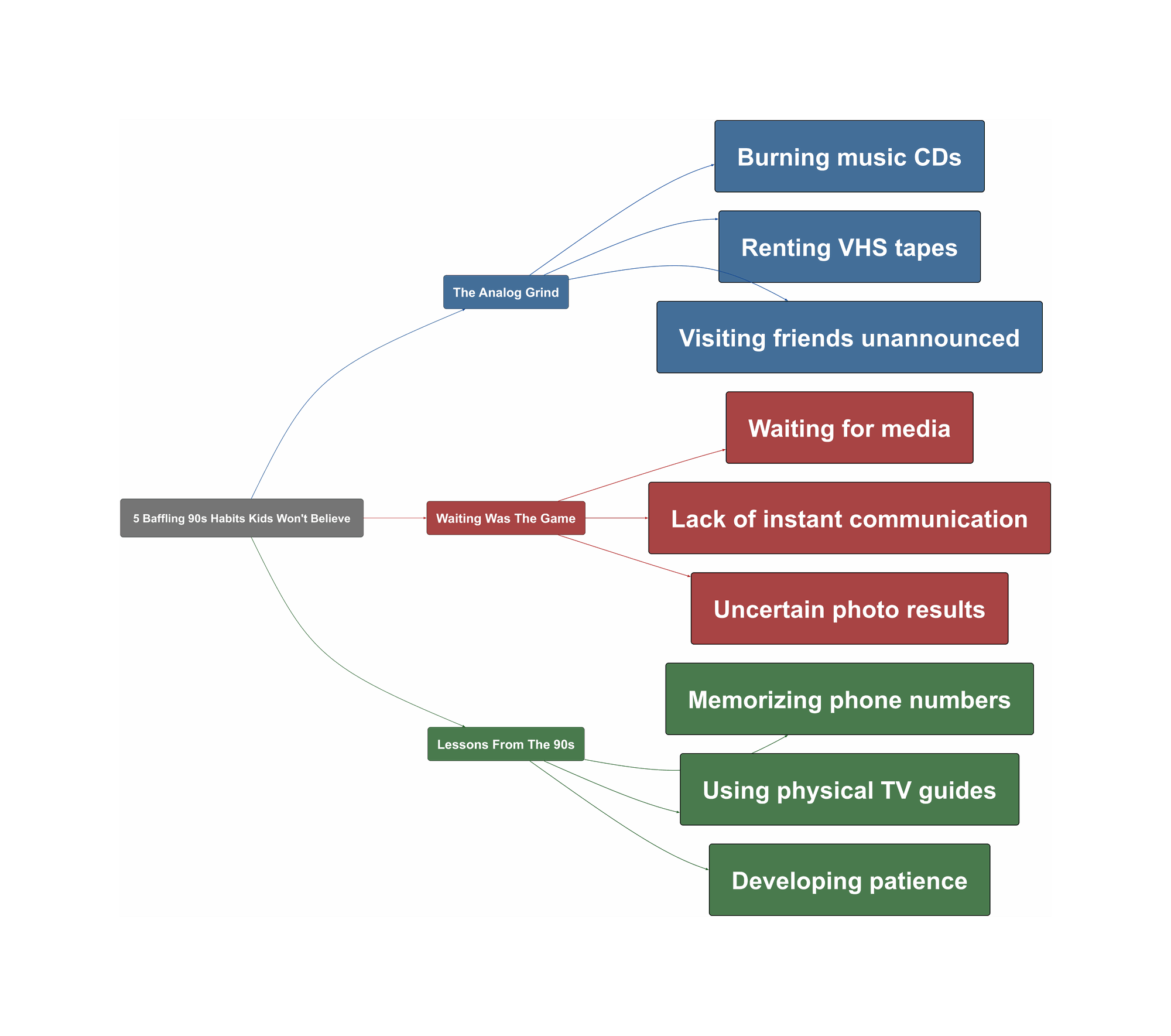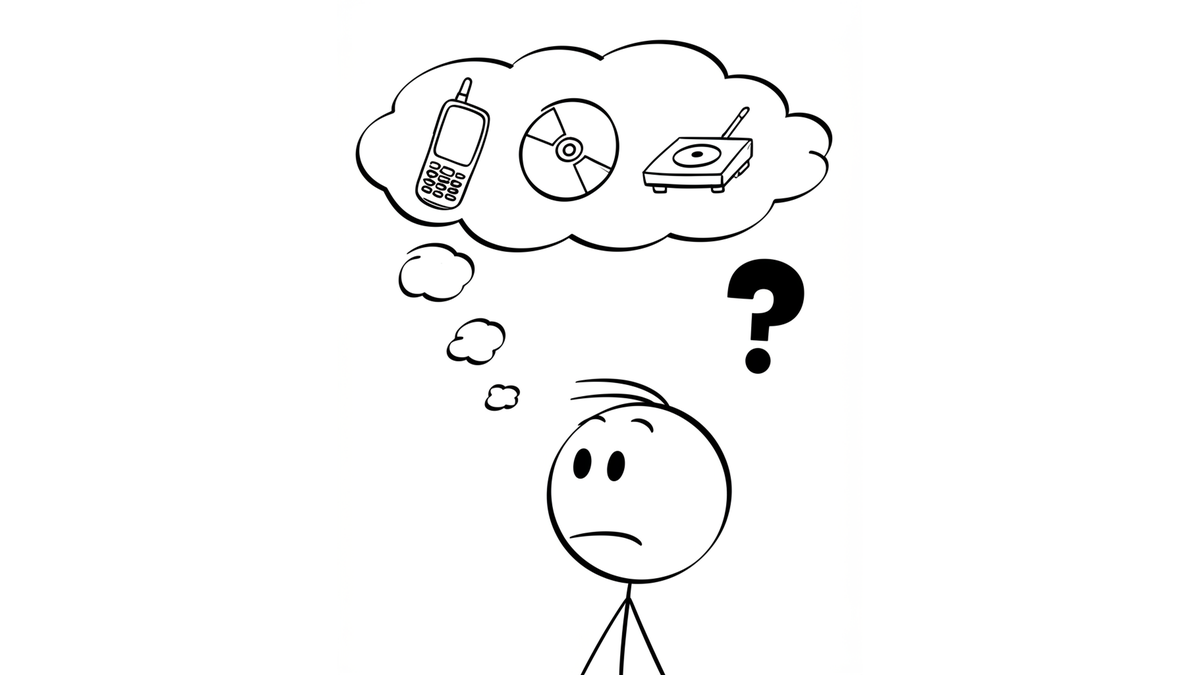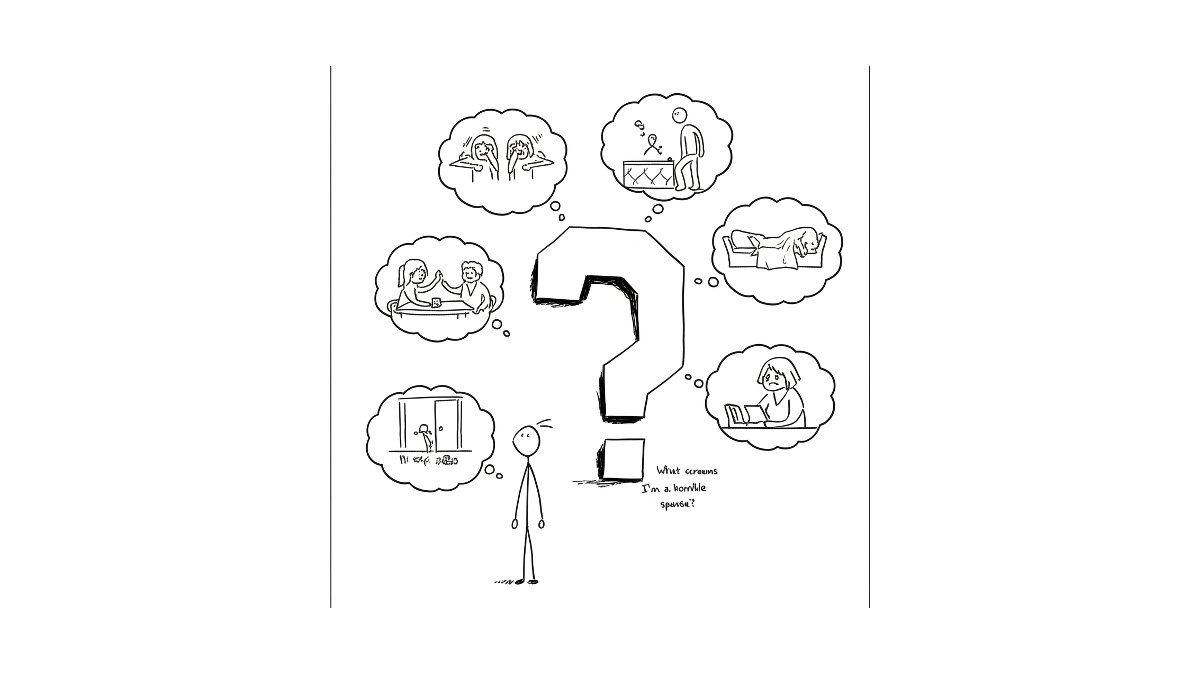Have you ever felt impatient waiting for a file to download? Or gotten frustrated when your favorite show takes a second to buffer? Now, imagine a world where every single task took that much effort and more.
The Analog Grind
In the 90s and early 2000s, daily life required serious planning. Entertainment was a physical, hands-on project. People did not just stream music; they curated it with intense effort.
Furthermore, this process often involved multiple steps. You had to download songs one by one and then burn them onto a physical disc. This could take hours to create a single playlist.
“Downloading music off limewire to iTunes, running to Walmart while it downloads, buying blank CDs and then burning them once it’s downloaded. Then trying to think of a cool name for your new CD”
Additionally, watching a movie meant a trip to the video store. You had to hope they had a copy of the movie you wanted. Then you had to remember to rewind it before returning it.
“Be kind rewind. On the same vein, going to rent a video and hoping they had a copy left.”
Waiting Was The Game
Patience was not just a virtue; it was a daily necessity. The concept of “instant” simply did not apply to most things. Social plans, for instance, were a game of chance.
You could not just send a quick text to see if a friend was free. Instead, you had to physically go to their house and hope for the best.
“Riding to a friend’s house to see if they could hang out. No? Ok, I’ll start my 2 mile bike ride back home to find something else to do.”
Moreover, capturing memories was a slow and uncertain process. You took photos without seeing them. Then you waited days for them to be developed, often with disappointing results.
“Having to wait a week for photos to be processed and printed and only getting 10. Most of them unidentifiable.”
Lessons From The 90s
While these habits seem baffling now, they teach us a lot. They highlight the incredible convenience we often take for granted. Today’s technology solved problems we no longer remember having.
For example, finding out what was on TV required buying a weekly guide. Now, a simple search can tell you everything instantly.
“Buying a magazine to know what will be on TV this week”
However, this era also built different skills. People developed incredible memory for important information because they had to. There was no digital contact list in their pocket.
“Memorizing 30 phone numbers.”
As a result, looking back helps us appreciate the present. The next time your Wi-Fi lags, just remember the days of dial-up and be kind to your rewind-free, instant-gratification world.




